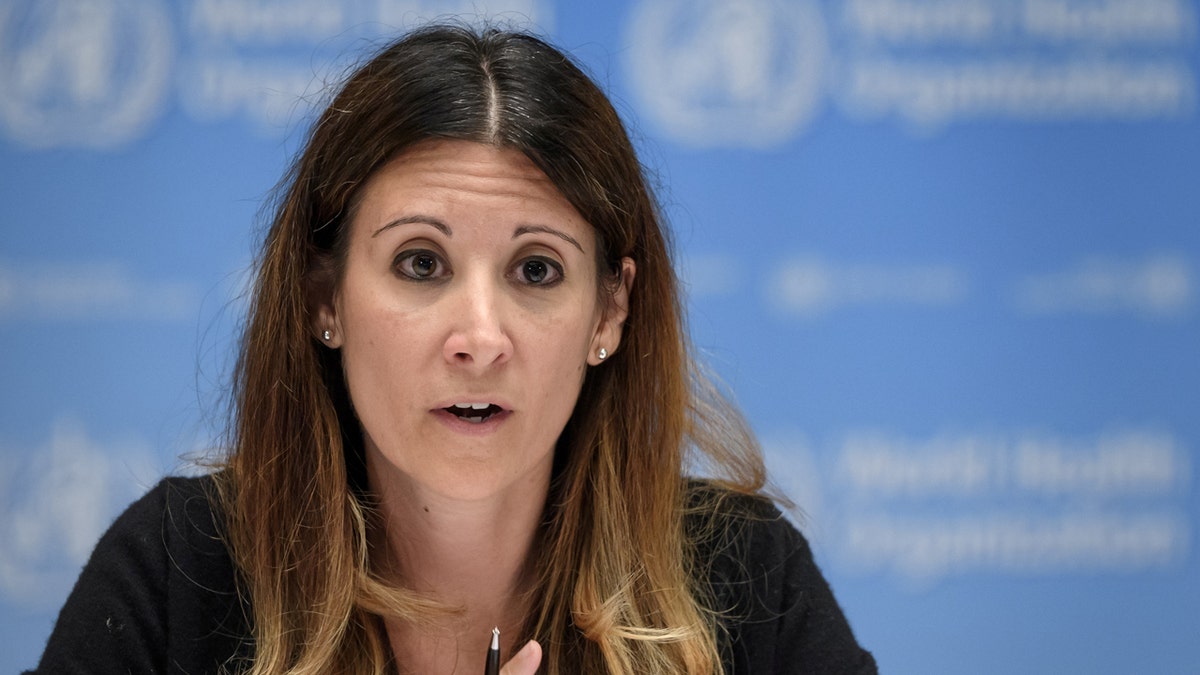Fox News Flash top headlines for August 27
Fox News Flash top headlines are here. Check out what's clicking on Foxnews.com.
A World Health Organization (WHO) official on Wednesday said reinfection of the novel coronavirus is “possible.”
Maria Van Kerkhove, WHO’s COVID-19 technical lead, made the comment after news of the first documented case of reinfection surfaced on Monday. A 33-year-old man in Hong Kong contracted the virus this month after recovering from it in April, according to multiple reports.
The man was returning to Hong Kong after a trip to Spain when researchers from the University of Hong Kong said he tested positive for the virus during a screening at the airport, according to the Japan Times. Using genomic sequencing, the researchers were reportedly able to detect that the patient was infected by two different strains of the coronavirus.
The outlet noted that Kerkhove told reporters earlier this week that documenting cases like this one is important but she cautioned “not jump to any conclusions," noting that larger studies of cases over time are needed to gain a better understanding of a patient’s antibody response to SARS-CoV-2, the novel coronavirus.
HONG KONG TO BEGIN MASS COVID-19 TESTING SEPT. 1

Maria Van Kerkhove, WHO’S COVID-19 technical lead, on Wednesday said reinfection of the novel coronavirus is "possible." Kerkhove is pictured here at a July 3 news conference. (Fabrice Coffrini/Pool via REUTERS)
During a live Q&A on Wednesday, Kerkhove again discussed the documented case and said the reinfection was confirmed through sequencing. But she said that the case needs to be put into context, as it is the first documented case of reinfection out of 23.5 million cases worldwide.
According to data compiled by Johns Hopkins University, there are more than 24.2 million global cases.
Kerkhove added that while the body develops an immune response when infected with the SARS-CoV-2 virus, it is “not completely clear right now how strong that immune response is and for how long it will last.”
Speaking to reinfection, “it doesn’t mean that it’s happening, you know, a lot. We know that it’s possible. But it is something that we knew could be possible based on our experience with other human coronaviruses," Kerkhove said.
Regardless, Kerkhove advised people to practice physical distancing, respiratory etiquette, follow local guidance, wear a mask when physical distancing is not possible, and to generally stay informed.
BLOOD THINNERS MAY INCREASE CORONAVIRUS SURVIVAL BY 50%, DECREASE INTUBATIONS 30%: STUDY
"Yes, it’s possible that we could start to see reinfection but, you know, we have the tools in place that can prevent people from getting infected," she said, adding that people have the power to prevent getting infected and also the power and responsibility to prevent passing infection on to someone else.
She acknowledged that reinfection could have happened more than once with COVID-19, but the Monday report out of Hong Kong marked the first documented case.
Finally, Kerkhove also said that the reinfection "doesn't change what we're doing for the vaccines."
"We're still developing vaccines and there's incredible progress being made on this, but again, the studies on the vaccine in terms of the response, the protection that a vaccine will provide, will come from these clinical studies that are ongoing."
Fox News’ Amy McGorry contributed to this report.









































